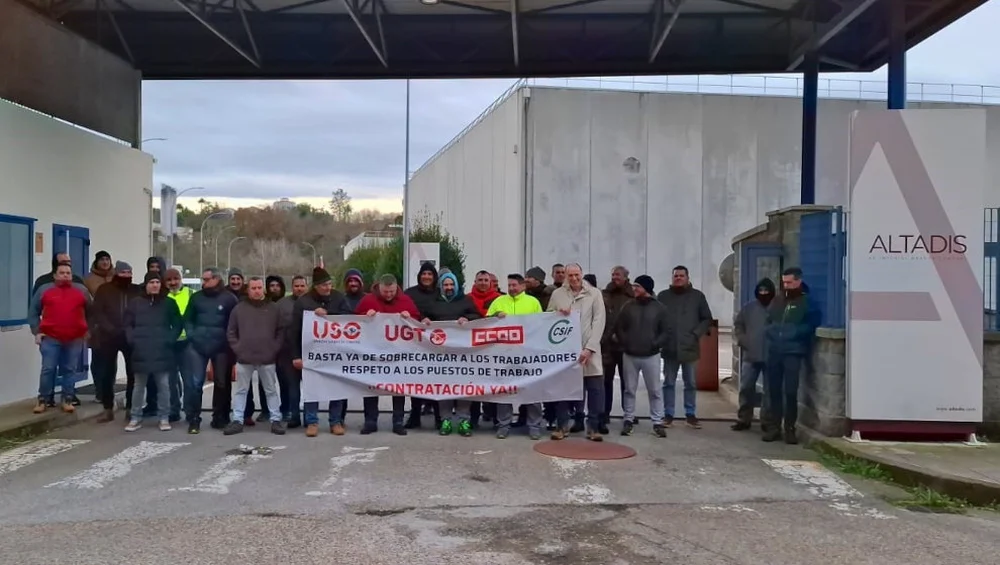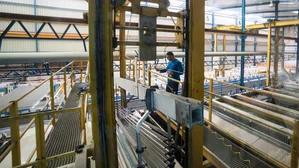Indefinite Strike at Altadis Cigar Factory in Cantabria, Spain

In a significant labor dispute, workers at the Altadis cigar-making factory in Entrambasaguas, Cantabria, Spain, have initiated an indefinite strike starting Tuesday, January 8, 2025. This industrial action is driven by the workers' concerns over a severe personnel shortage and its impact on their working conditions.
Background and Reasons for the Strike
The strike involves approximately 135 factory workers who are members of the General Union of Workers (UGT). The primary grievance is the chronic understaffing at the factory, which has led to increased workload and stress for the existing employees. The workers argue that the current staffing levels are unsustainable and pose serious risks to their health and safety.
Impact on Workers and Operations
The personnel shortage has resulted in a significant increase in overtime and workload for the employees, exacerbating the already challenging working conditions. The workers are demanding that the company address this issue by hiring more staff to alleviate the burden and ensure a safer and more manageable work environment.
Union Support and Negotiations
The General Union of Workers (UGT) is actively supporting the strike, emphasizing the need for immediate action to resolve the staffing crisis. Prior to the strike, negotiations between the union and the company had failed to yield a satisfactory solution, prompting the workers to take this drastic measure.
Community and Economic Context
Entrambasaguas, a small town in Cantabria, is heavily reliant on the Altadis factory as a major employer. The strike not only affects the workers but also has broader implications for the local economy and community. The cigar industry is a significant sector in the region, and disruptions can have far-reaching consequences.
Ongoing Industrial Actions in Europe
This strike is part of a broader trend of industrial actions across Europe, where workers are increasingly taking a stand against poor working conditions, pay cuts, and other labor issues. Similar strikes have been reported in the UK, Turkey, and other regions, highlighting the growing discontent among workers in various sectors.
The indefinite nature of the strike indicates the determination of the Altadis workers to see meaningful changes in their working conditions. As the situation unfolds, it remains to be seen how the company will respond to these demands and whether a resolution can be reached that satisfies both the workers and the management.
Related Stories

Over 2,600 Aspirants Participate in Initial Public Employment Exams for 2023-2024 in Suffolk and Monroe Counties
Over 2,600 candidates vie for public sector roles in Suffolk and Monroe counties, marking a keen interest in civil service careers for 2023-2024.

Cantabria Leads in Creation of Indefinite Employment Positions Following Labor Reform
Cantabria leads Spain in creating stable jobs post-labor reform, setting a positive precedent for national employment stability and growth.

New Mediation Called in Solvay Logistics Strike in Spain
In a bid to resolve the ongoing strike at Solvay's Spanish logistics division, Orecla announces a new mediation session, aiming to reconcile worker demands with company operations.

Significant Changes in Labor Laws and Housing Regulations in Spain: What Expats Need to Know
Spain introduces major labor and housing law reforms, impacting expats with changes to temporary contracts, eviction procedures, and climate-related labor measures.

Spain Set to Implement Shorter Work Week Starting 2025
Spain to reduce its work week to 37.5 hours by 2025, aiming to improve work-life balance for 12 million employees, following an agreement led by Labour Minister Yolanda Díaz.